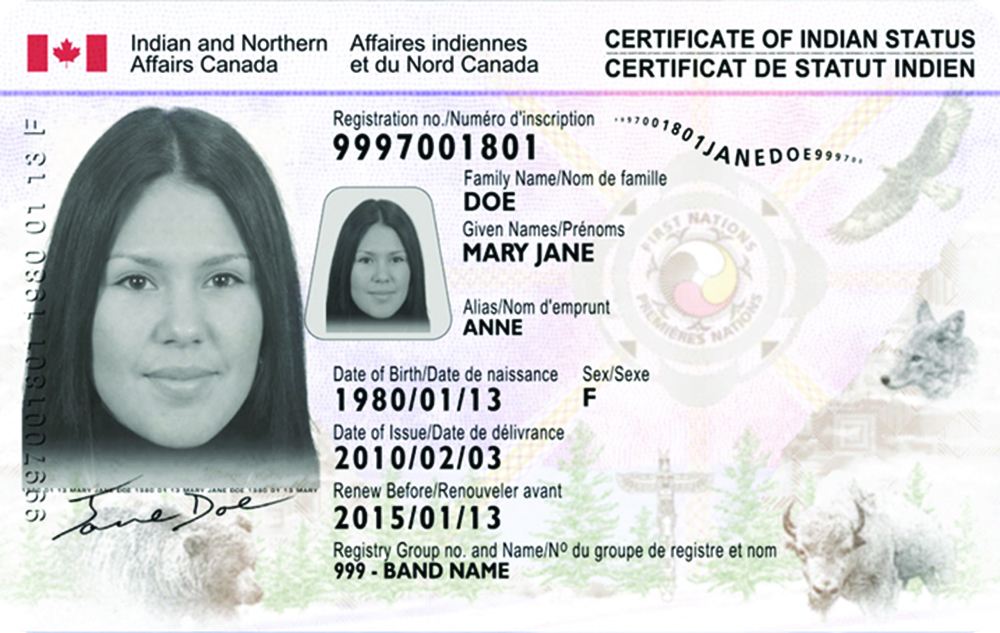Saskatchewan Senator Lillian Dyck is praising a decision by the U.N. Human Rights Committee which says section 6.1 of the Indian Act discriminates against descendants of First Nation women who married out.
“This decision is important in that it clearly explains how the hierarchical nature of status in section 6(1) of the Indian Act continues to embed discrimination against descendants of women who married out. Specifically, in addressing the hierarchy of status in section 6(1),” Dyck said in a statement to the Senate.
“This ruling by the UN Human Rights Committee is historic; it reverses the discrimination against Indian women enacted in 1869, 150 years ago. It is 2019. It’s time to eliminate the discrimination against women and their descendants who were denied Indian status because of marriage to non-status men.”
The federal government acted to remedy the discriminatory sections through legislation.
The registration changes outlined in Bill S-3 focus on cousins, siblings and members of the same family whose rights were different depending on the gender of the grandparent. The amendments to the act come from a Québec court ruling, which stated some status provisions were Charter violations.
These changes are expected to increase First Nations populations.
Sask. First Nations are consulting members on how the changes will impact them.
